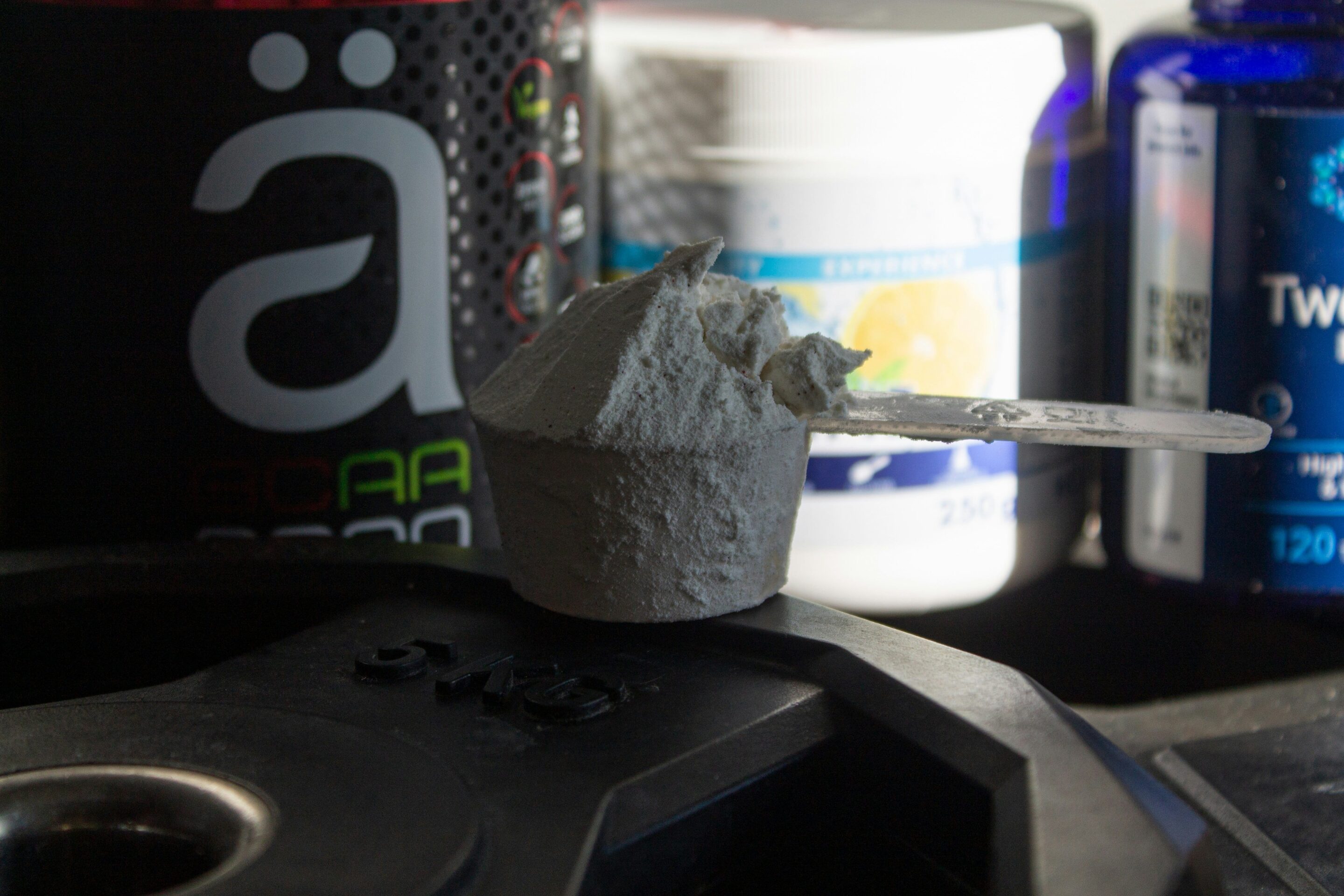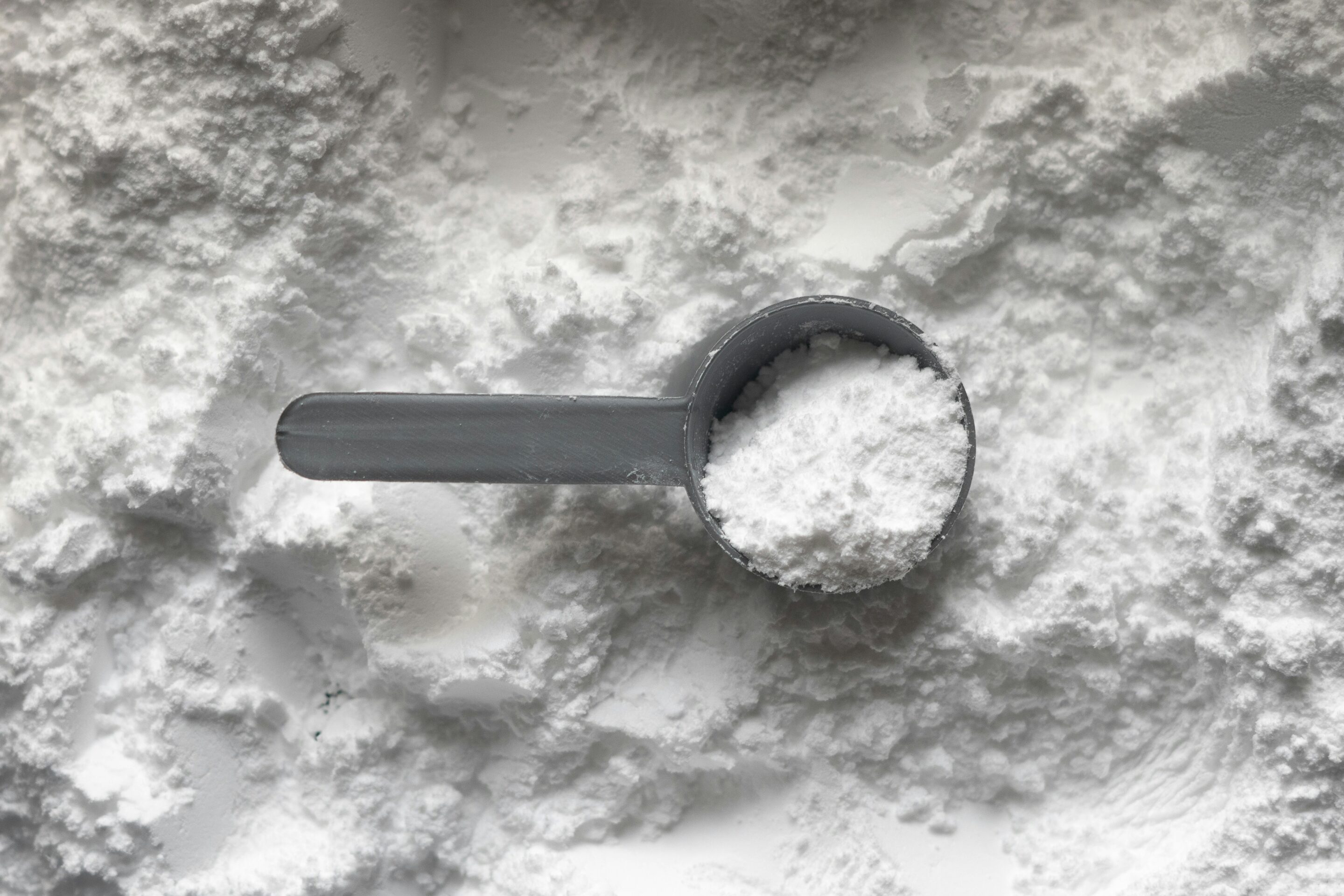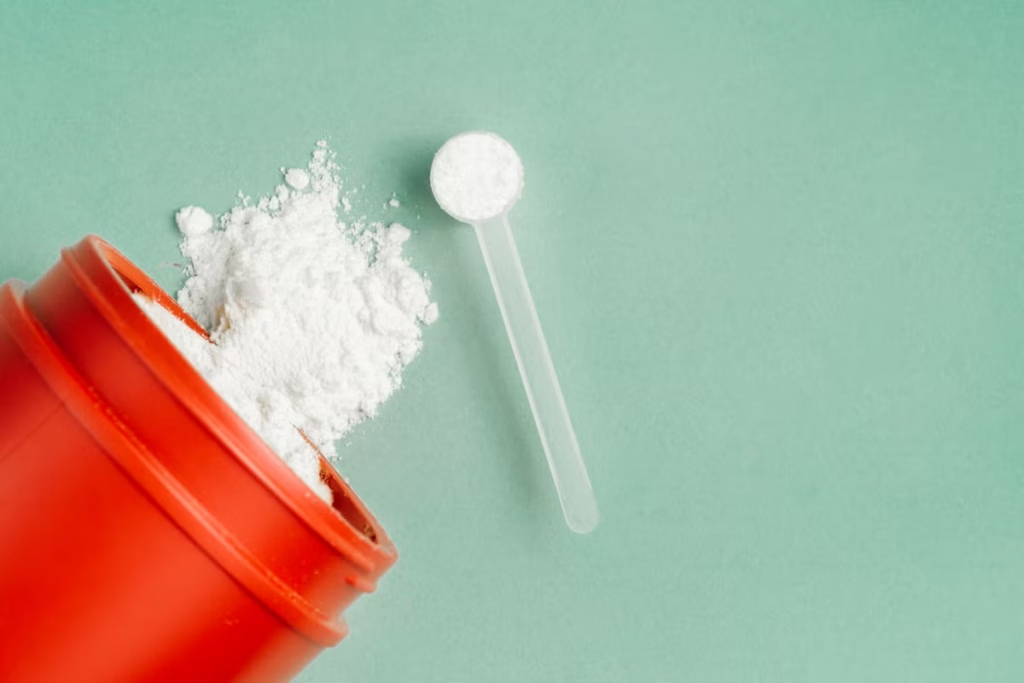CREATINE IS TAKING off like never before. While it has long been a staple supplement in the fitness world due to its ability to boost strength and promote muscle growth, new benefits outside of fitness have resulted in a surge in popularity.
Our knowledge of creatine is improving every day, and new research has uncovered a surprising range of health benefits that extend far beyond the gym. From improvements in brain function and heart health to merit as an energy booster and anti-depressant, creatine is proving to be one of the most versatile supplements on the market.
Here are ten, scientifically proven benefits of creatine that may surprise you. If you’re already taking creatine, congratulations, there are even more reasons to keep doing so. If you’re not, it might be time to start.
1. Enhances brain function and memory
Creatine isn’t just for muscles, it fuels the brain too. Since the brain requires large amounts of energy, creatine supplementation can enhance cognitive function, especially in tasks requiring short-term memory and quick thinking. One study from Experimental Gerontology found that creatine supplementation does benefit memory and intelligence tasks, suggesting it may benefit older adults and vegetarians, who often have lower natural creatine levels due to their diets.
2. Boosts energy production
Creatine acts as an energy reserve in the body by increasing phosphocreatine stores, which help generate ATP (the body’s primary energy source). This is particularly useful during high-intensity exercise, but it can also aid in daily energy levels, reducing fatigue in both athletes and non-athletes. Of course, it also helps you when you are working out, with research in The Journal of Strength and Conditioning Research showing that creatine supplementation can delay fatigue and enhance endurance in high-intensity activities.
3. Helps with depression and mood disorders
Creatine’s role in brain energy metabolism has led researchers to investigate its effects on mental health. Studies suggest that creatine supplementation may help alleviate symptoms of depression, particularly in individuals who don’t respond well to traditional treatments. A review in Biomolecules found that in many clinical trials, creatine did show signs of having an anti-depressant effect.

Unsplash
4. Supports muscle retention beyond strength training
While creatine is widely used among gym rats for increasing muscle mass, it may also have benefits for people who don’t regularly partake in resistance training. Studies have shown that it can help preserve muscle in aging adults or those recovering from injury by reducing muscle breakdown and supporting protein synthesis.
5. Improves injury recovery
Creatine has been shown to reduce muscle damage, inflammation and oxidative stress, all of which contribute to faster recovery from injuries or intense workouts. It can also enhance muscle repair by stimulating satellite cells, which are essential for muscle regeneration.
6. May protect against neurological diseases
Emerging research suggests that creatine could help protect against neurodegenerative conditions like ALS and Huntington’s disease. This is because by supporting cellular energy production and reducing oxidative stress, creatine could slow disease progression. A study in the Journal of Neuroscience found that it delayed the onset of Huntington’s disease in animals, while also reducing brain damage. Another study in Neurobiology of Disease discovered that creatine supplementation increased survival rates and reduced motor neuron loss in mice with ALS.
7. Supports heart health
Creatine can have cardiovascular benefits because it reduces homocysteine levels, a marker associated with heart disease risk. It can also improve endothelial function, which helps regulate blood flow and blood pressure.
8. Enhances bone health
When combined with resistance training, creatine supplementation has been shown to improve bone mineral density and reduce the risk of fractures. This means it can play a role in bone metabolism and help prevent bone loss in older adults. A study in The Journal of Nutrition Health and Aging found that it enhanced bone mineral content and density in older men when combined with resistance training.
9. May help manage blood sugar levels
A systematic review published in Clinical Nutrition reported that in some cases creatine was found to improve glucose metabolism and insulin sensitivity, which could be beneficial for people at risk of type 2 diabetes. By enhancing glucose uptake into muscle cells, the supplement may help regulate blood sugar levels more effectively.
10. May extend lifespan
While more research is needed, a study from Aging Cell suggests that creatine’s ability to reduce oxidative stress, improve mitochondrial function and enhance muscle mass could contribute to longevity. This is because the study found that creatine supplementation extended the lifespan of mice.
Related:
Creatine could boost your brain after a bad night’s sleep, research finds
This is why creatine could be effective for treatment of depression, according to new research
















